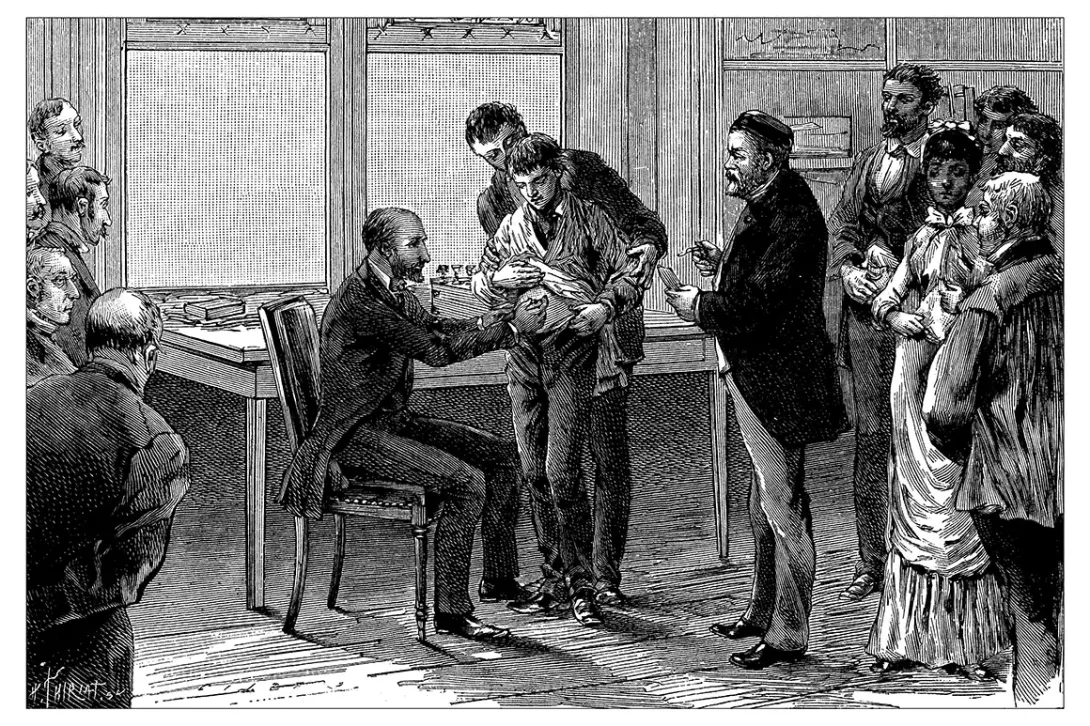
The figure of the doctor: myth, history and artistic inspiration
To begin with, medicine was first placed in the hands of shamans and “enlightened” men. Little by little, science applied scientific protocols and proven ethics.
There was a time when medicine had close links to magic and even to religion. Shamans, witchdoctors, priests, animists, enlightened people of all kinds… all of them were figures who claimed to accumulate knowledge, often hermetic or semi-divine power; who knew – or said they knew, secrets to prepare ointments or substances from animals, minerals or plants with alleged healing functions.
The role that they fulfilled in ancient societies was, in spite of everything, essential: helping human beings to fight against disease and death, in times when there were more uncertainties than answers about how our bodies worked. To do this, they used two sources of knowledge: empirical observation and mystic-religious beliefs.
Towards scientific medicine
As explained by Juan Jaramillo Antillón in his interesting book Historia y Filosofía de la Medicina (History and Philosophy of Medicine) , little by little “medicine modelled the scientific spirit and dissipated the accumulation of existing beliefs and superstitions […] about diseases by revealing the knowledge of the human body and the deficiencies that occurred within it.”
Aristotle affirmed that scientific knowledge sought to know with certainty the why and wherefore behind the way a thing is as it is. This necessarily implies going back to the so-called necessary causes. Aristotle’s’ view of science discerned the existence of speculative sciences, which sought knowledge for itself, such as physics or mathematics and productive sciences, aimed at obtaining practical or beneficial results for our lives, such as architecture or medicine.
In this way, it moved on from a mythical reasoning, based on stories and symbolism, such as animism (which considered that invisible beings were behind the causes of death and disease) to another more rational thinking, consisting in the analysis of the facts and the search for scientific truth through some protocols. It was not an easy process, and over history the temptation to be led by deceit frequently re-appeared.



